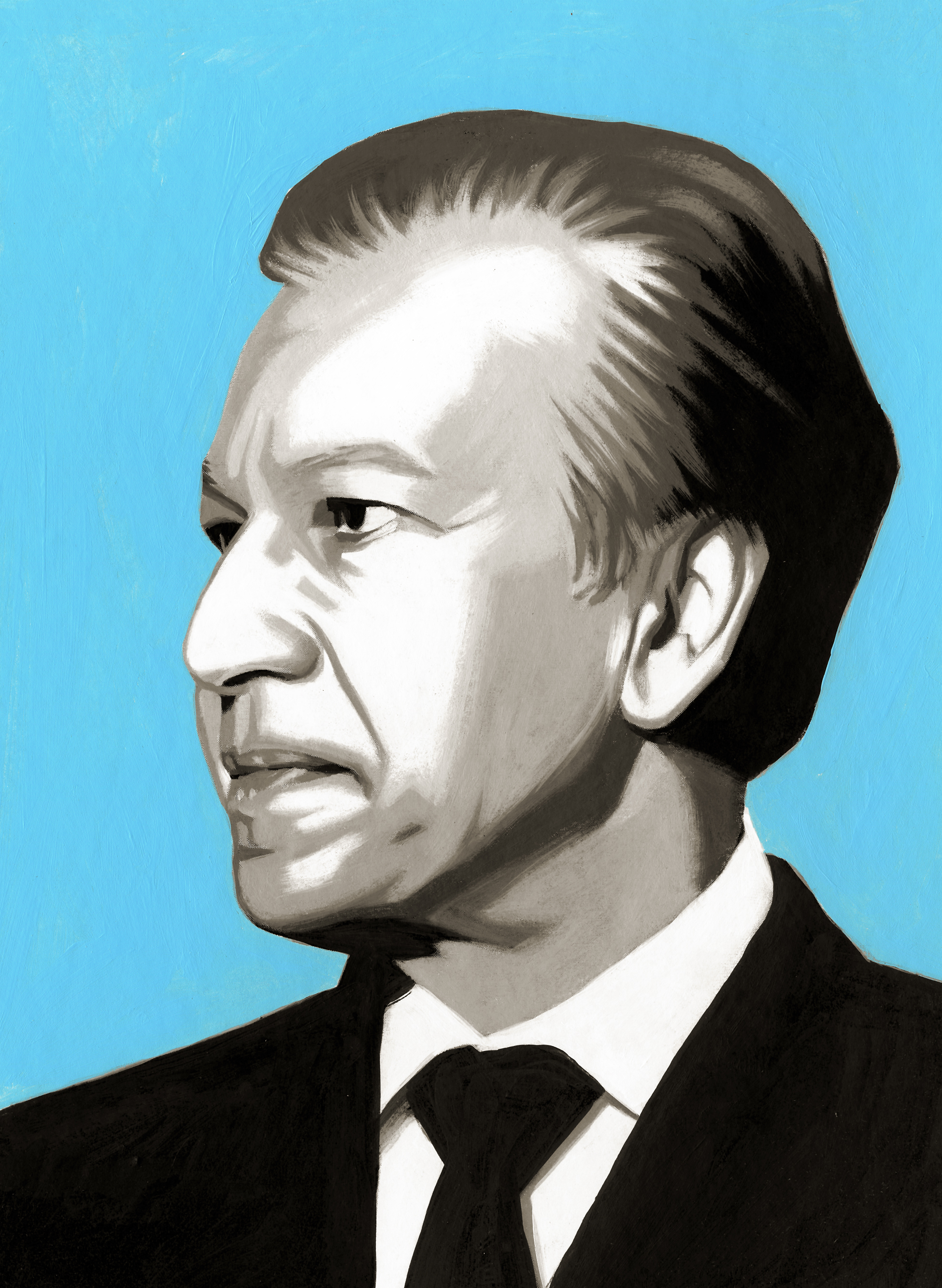Lots of leaders talk about values—integrity, especially—but struggle to hold those around them to that standard and make sure it’s part of the corporate culture. How did you go about it?
Well, it starts with accountability and transparency. For accountability, we defined the top corporate objectives shortly after I joined Informatica. To measure our progress, we defined specific metrics. And to hold ourselves accountable every quarter, we presented a scorecard to all the employees: How did we perform against the top corporate objectives using these metrics?
For transparency, our explanation of our performance was always the same to our board, to our investors and to our employees. The earnings script to our investors was the same as the quarterly update note to our employees.
You were recognized several times for your work with investors by Institutional Investor, the American Business Awards and Bloomberg. What should CEOs and CFOs keep in mind as they are navigating choppy waters—say their stock price is down—and communicating with investors?Communicating effectively with investors comes down to one factor: trust.
We earned the trust of the investors by consistently delivering on our promises for seven years. We met or beat quarterly financial guidance for more than 30 quarters. We grew revenues, on average, by 20 percent every year from 2004 to 2011. And we increased our operating margin between 100 and 300 basis points every year.
However, by continuing to set ever-increasing targets, I made a mistake. In 2012, we set the profitability target too high and we were unable to invest for growth.
In retrospect, we aimed too high and set investor expectations too high. Instead of meeting expectations, we missed expectations for two consecutive quarters. An analyst report concluded that Informatica’s products were not as relevant in the new, emerging world of big data. Investors were not satisfied by our explanation.
It seemed that, in two quarters, we lost much of the credibility that we had earned over seven years. Over that period, the stock price dropped by more than 40 percent. Then came the true test: How do we navigate these choppy waters and how do we turn these skeptics into believers in the Informatica growth potential once again?
To win back trust of investors, one-time explanations alone wouldn’t work. We had to communicate more frequently with our investors and regularly report on our progress. To earn their trust, we had to deliver sustained results. By consistently meeting their expectations over the next six quarters, we were fortunate to win back much of the trust of the investors.
Was there ever any part of you that worried that the analysts were right?
I knew what had caused the shortfall. I had made a mistake. I even acknowledged it to the analysts. But the analysts remained skeptical. In fact, one said, “You guys are too good to have made such a stupid mistake.” And I said, “Trust me. I’m capable of making stupid mistakes.”
I learned the hard way: When you make a mistake, the entire focus must be to correct it. Only by consistently delivering on your promises will you win back the trust and credibility.

